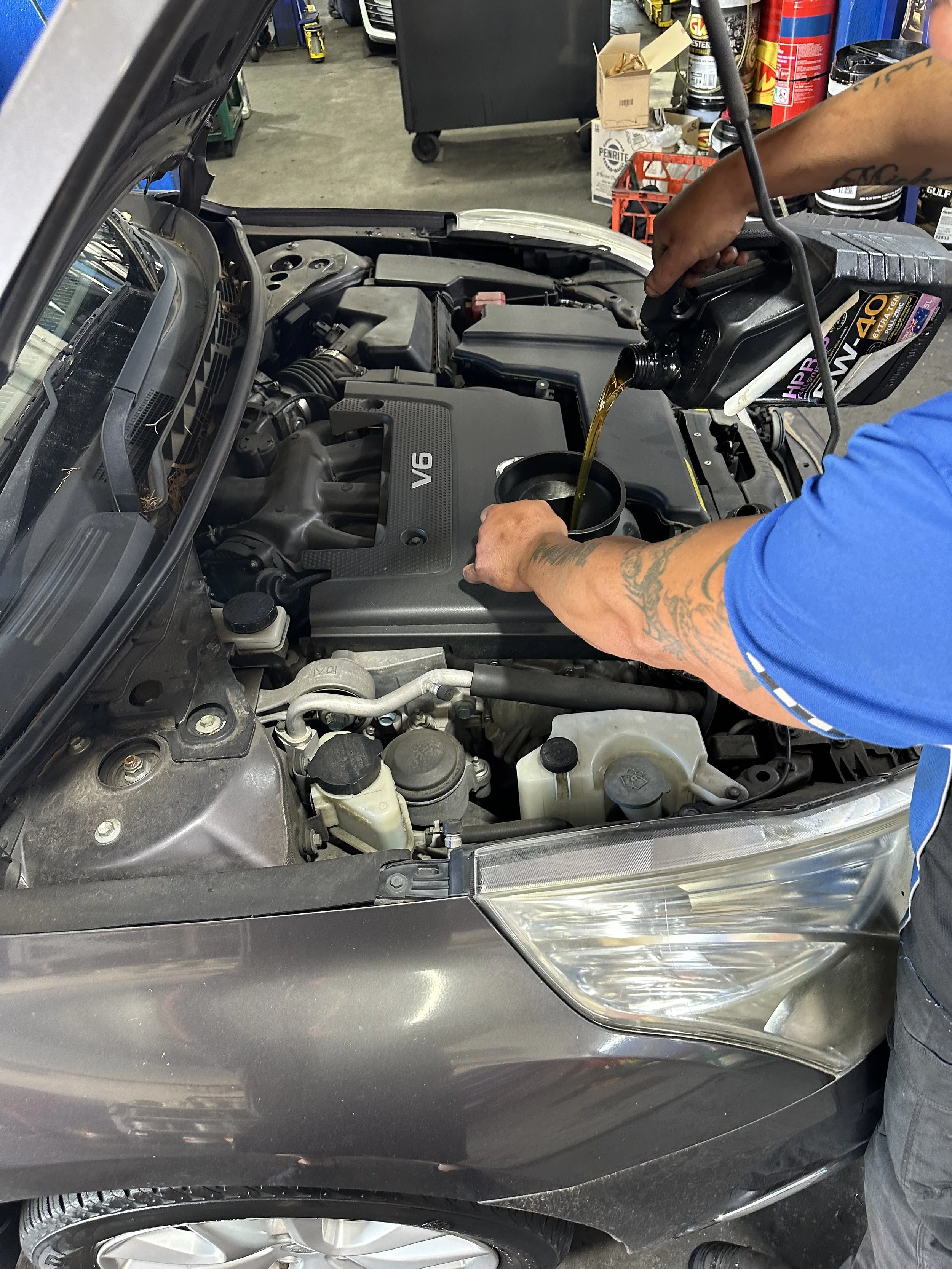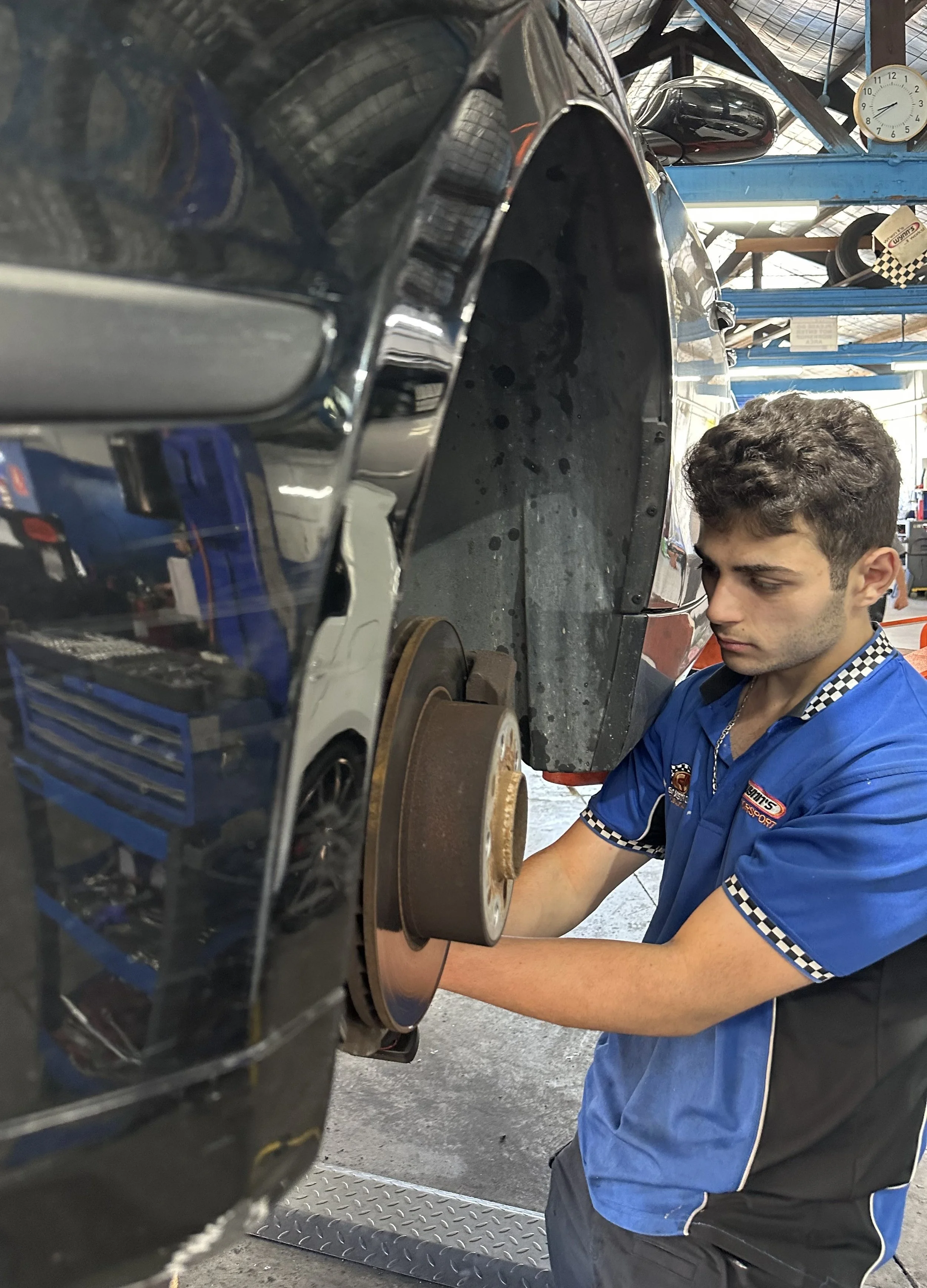Complete Car Service Guide: What to Expect and Why It's Vital
Discover the importance of regular maintenance with our comprehensive guide to full car service. Learn what it involves, the benefits, cost savings, and safety advantages
The Ultimate Guide to Full Car Service: What to Expect and Why It is Essential
Regular maintenance is the key to keeping your vehicle in top-notch condition. Among the various maintenance options available, a full car service is essential for ensuring the longevity and safety of your car. In this comprehensive guide, we will cover what a full car service entails, why it is crucial for vehicle owners and the many benefits it offers.
What Is a Full Car Service?
A full car service, also known as a major service, is a comprehensive inspection and maintenance procedure that covers all the essential components of your vehicle. It goes beyond routine oil changes and tire rotations and involves a thorough examination of your car's engine, brakes, transmission, suspension, and more. Here is what to expect during a full car service:
Engine Inspection: The engine is the heart of your vehicle. A full car service includes checking for oil and filter replacements, examining spark plugs, and ensuring all engine components are functioning correctly.
Brake Assessment: Your safety depends on your brakes. A full car service includes a thorough examination of your braking system, including brake pad replacements and assessing brake fluid levels.
Transmission Check: Proper gear shifting and transmission performance are vital for your car's efficiency. A full car service ensures that your transmission system is working seamlessly.
Suspension Inspection: Issues with the suspension can lead to an uncomfortable ride and reduced control. Full car service examines the suspension system and its components.
Exhaust System Evaluation: An exhaust system that functions correctly is crucial for your car's emissions and fuel efficiency. The service will check for leaks, rust and damaged parts.
Tire Examination: Proper tire maintenance is essential for road safety. The service will inspect your tires for wear, alignment, pressure and rotate them if necessary.
Fluid Levels and Filters: All fluid levels, including coolant, transmission fluid and power steering fluid, will be checked and topped up. Filters, such as the air filter will also be replaced as needed.
Electrical System Check: A full car service includes inspecting the electrical components of your vehicle, ensuring that lights, battery and alternator are in good working condition.
Safety Checks: Safety is a priority. The service will assess the safety features of your car, such as seatbelts, airbags, and overall structural integrity.
Why Is a Full Car Service Essential?
Regular full car services offer numerous advantages:
Safety: Ensuring your car's safety features are in optimal condition is crucial for your protection and that of your passengers.
Vehicle Longevity: Full car services extend your vehicle's lifespan by addressing minor issues before they become major problems.
Performance: Your car will run more efficiently and deliver better performance when it receives regular servicing.
Cost Savings: Proactive maintenance can help you save money by preventing costly breakdowns and repairs.
Resale Value: A well-maintained vehicle with a complete service history can command a higher resale price.
The Bottom Line
In the realm of car maintenance, a full car service stands out as a comprehensive and vital procedure. It guarantees your safety, vehicle longevity, and cost savings. By understanding what to expect during a full car service and why it is essential, you can make informed decisions about the maintenance of your vehicle. Keep your car in its best shape and enjoy a safe, reliable and efficient ride.



